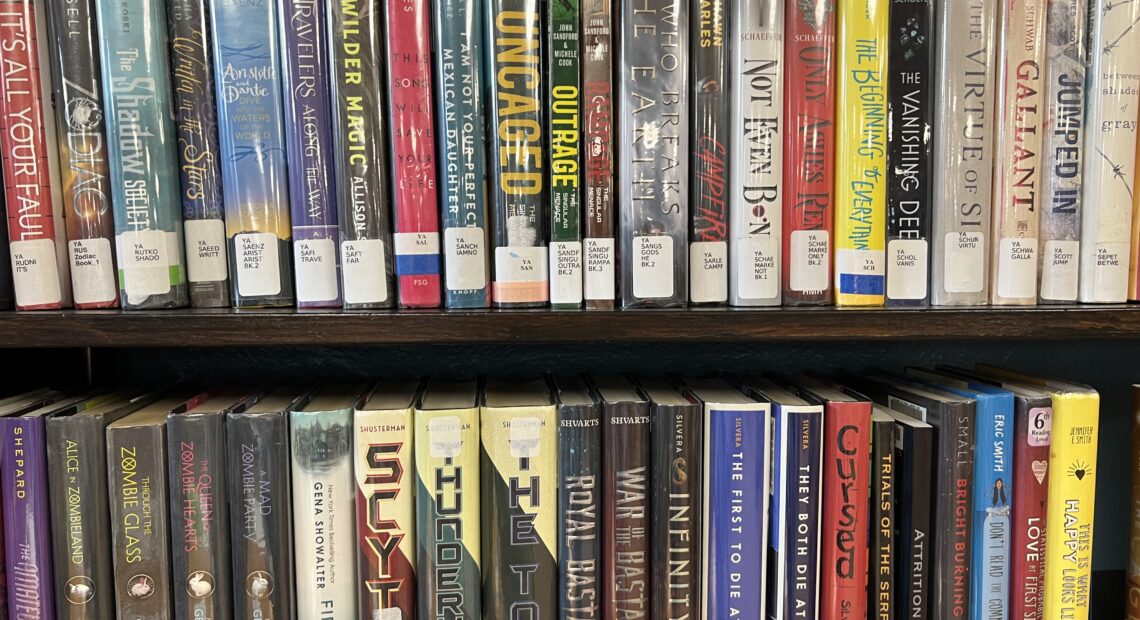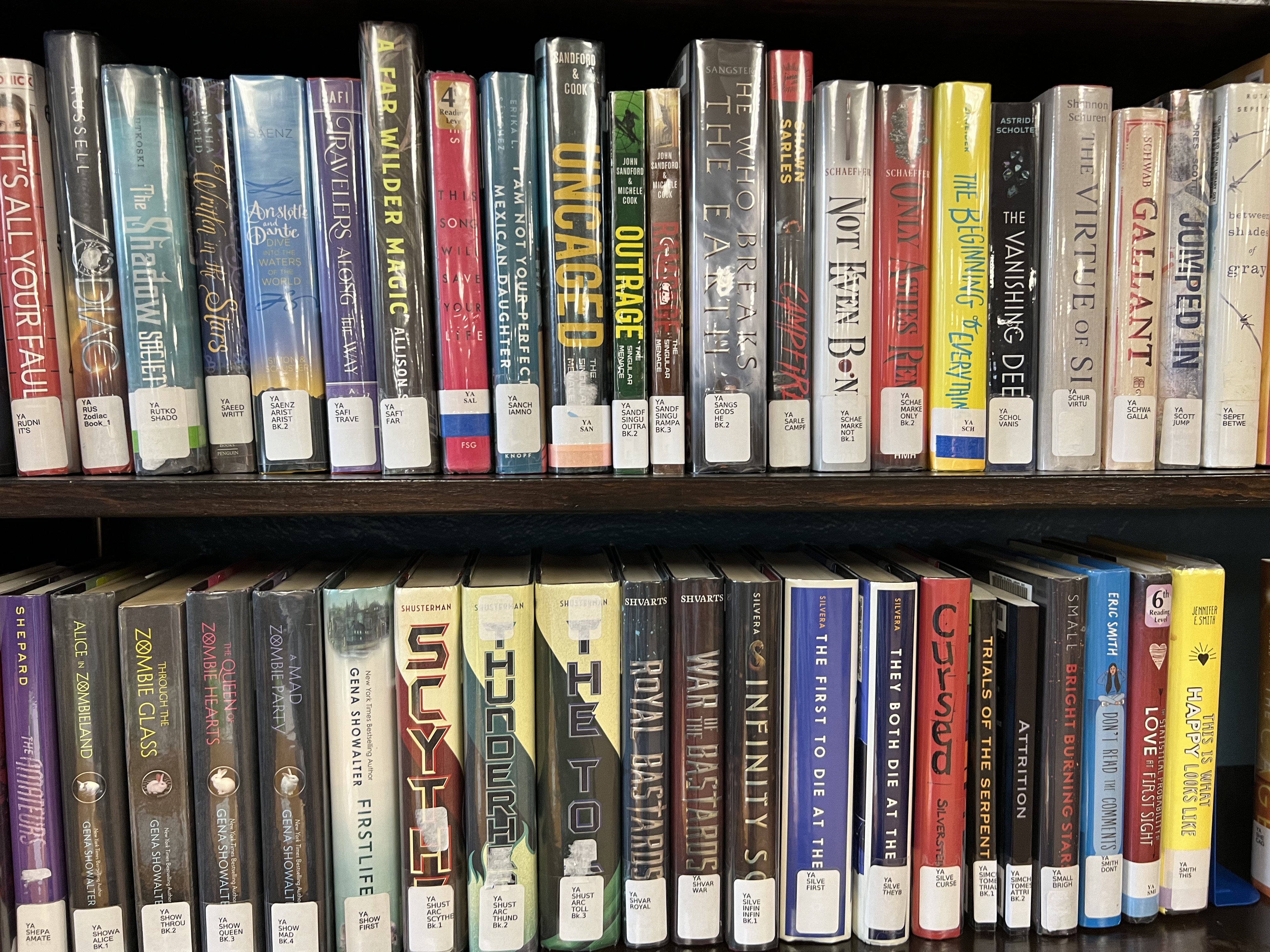
Washington state bill could change how rural communities could work to close a library
Listen
After a rural library district was at risk of being dissolved last year, Washington lawmakers are debating how that process could be improved – and not leave people out of the vote.
(Runtime 0:47)
Read
After a rural library district was at risk of being dissolved last year, Washington senators voted 49-0 on to improve the process that could close libraries. The measure also would not leave people out of the dissolution process.
For more than a year, some people called books at a library in southeastern Washington “pornographic and offensive.” Dayton library leaders refused to remove the books, so frustrated residents tried to dissolve the Columbia County Rural Library District by trying to take it to voters.
However, only certain county residents would have been allowed to vote – not people in Dayton proper, where the library sits just off Main Street. Superior Court Commissioner Julie Karl temporarily banned the measure from being placed on the November 2023 ballot and later struck the measure from the ballot.
The voting conundrum was what bill sponsor Sen. Sam Hunt, D-Olympia, called a glitch in the system.
Washington senators debated Engrossed Senate Bill 5824 that would allow all voters serviced by rural library districts to have their say on this type of ballot measure, not just active voters outside city limits. It also would raise the number of eligible voters’ signatures on petitions before issues like this make it to the ballot.
Lawmakers debated the bill on the Senate floor.
“I don’t think we’ve ever had a library district close in this state, and hopefully we won’t ever have one. This will streamline the process,” Hunt said.
Sen. Jeff Wilson, R-Longview, proposed an amendment to the bill to lower the voter signature requirements to 25%, down from Hunt’s original proposal of 35%, a change from 100 taxpayers signatures
“In other words not to have the bar too high or too low in order to initiate the petition process,” Wilson said during a Senate floor debate. “What I seek with this amendment is to spur the healthiest of conversations, ballot discussions, petition discussions, to bring the community out.”
After the Democratic caucus agreed to what Hunt called a reasonable amendment, the bill passed out of the Senate chamber with a 49-0 vote. It now heads to the state House.
“It’s a narrow bill with two focuses. It has nothing to do with the content of the books,” said Elise Severe in an interview. Severe is chair of the local political action committee Neighbors United for Progress, which has fought the library dissolution.
In an earlier hearing, testifier Eric Pratt asked lawmakers to think hard about legislation brought about by an issue in a small community but would affect the entire state.
“We’ve really got to take a pause and ensure that any decisions we make that are broad-reaching in scope, as this bill is for other library districts, aren’t unduly burdensome on those communities,” Pratt said at the earlier hearing.
At that hearing, 21 people registered to support the bill, 18 people did not support it, and Pratt signed in as “other.”
One supporter, Carolyn Logue, with the Washington Library Association, said the bill would help everyone who would be affected by this type of measure be able to cast a vote.
“Libraries are a key part of our democracy, providing access to information and resources that often is not available to the average person in a community,” Logue said.
















